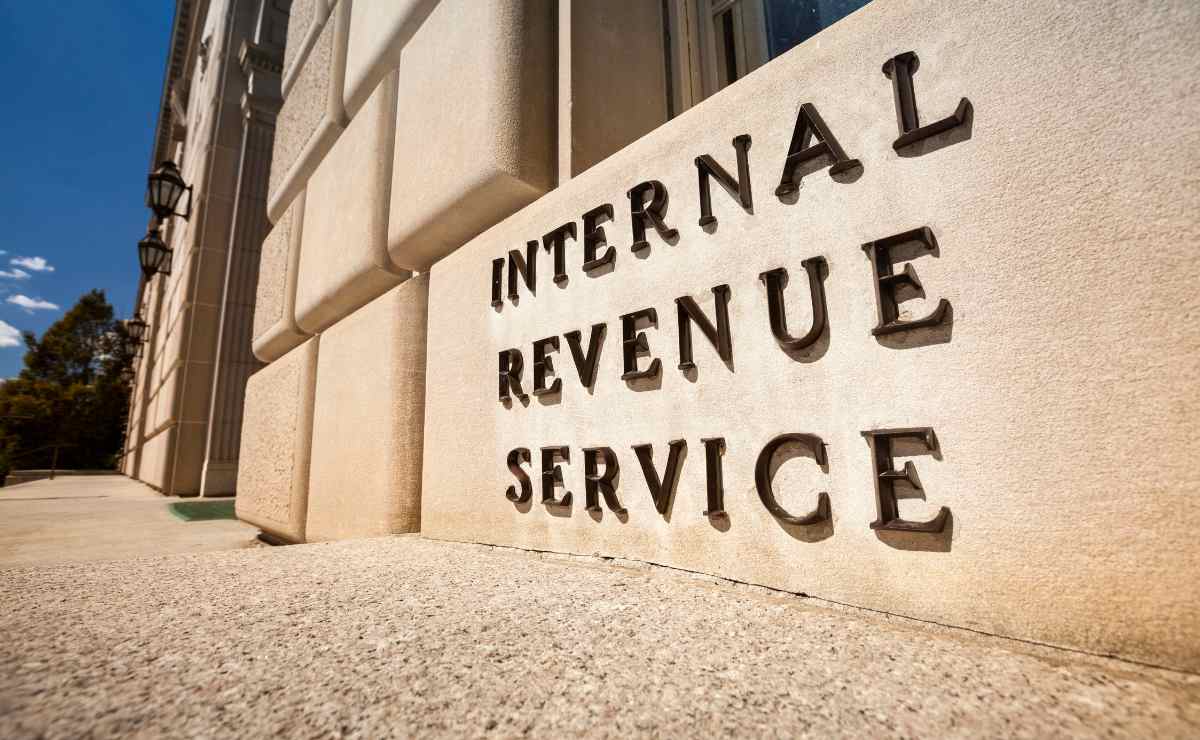The Internal Revenue System (IRS) might owe you money, and this is not a joke: there might be a check entitled to you waiting to be cashed. However, time is running out, as you only have a couple of months left to claim your funds. In a recent announcement, the IRS disclosed that approximately 1.5 million individuals have refunds waiting for them from the 2019 tax year, amounting to a staggering $1.5 billion in total. The average refund stands at $893.
Ordinarily, taxpayers have a three-year window to file their tax returns and claim any refunds owed to them. If they fail to do so within that timeframe, the funds become the property of the U.S. Treasury. However, due to the COVID-19 pandemic that disrupted the 2020 tax season, taxpayers were granted additional time to file their 2019 tax returns and claim their refunds. Let’s learn more about this potential IRS refund.
Who can benefit from the IRS refund and how to do it?
The deadline for unfilled 2019 returns was extended to July 17, 2023, exceeding the usual three-year limit. On February 27, 2023, the IRS issued Notice 2023-21, which provided legal guidance regarding claims made by the extended deadline. To be eligible for this refund, you must file your 2019 tax return by July 17, 2023.

In an April 12 news release, IRS Commissioner Danny Werfel acknowledged that the 2019 tax returns fell due during the pandemic, and many individuals may have unintentionally overlooked or forgotten about their potential refunds. Urging taxpayers to take action, Commissioner Werfel emphasized that time is running out, with a July 17 deadline looming for filing these returns. He advised taxpayers to begin the process promptly to ensure they don’t miss out on their refunds.
Eager to spread the word, the IRS took to social media on April 26, issuing a tweet with an important message: “Normally, you’d have up to 3 years to claim a tax refund, but due to the pandemic, the #IRS extended the deadline to file your 2019 tax return to July 17, 2023. Don’t miss out if you haven’t filed yet.”
$1.5 billion still to be claimed from the IRS – Don’t leave your money unclaimed
Furthermore, the IRS emphasized in their news release that failing to file a 2019 tax return could have consequences beyond simply missing out on a tax refund. They highlighted that many individuals with low to moderate incomes may also qualify for the Earned Income Tax Credit (EITC).
In 2019, the Earned Income Tax Credit (EITC) offered substantial benefits, reaching a maximum value of $6,557. This credit serves as a financial lifeline for individuals in the United States whose incomes fell below specific thresholds during that year. To determine your eligibility, consider the following income criteria:
- For individuals with three or more qualifying children, the income limit is $50,162 ($55,952 if married and filing jointly).
- For those with two qualifying children, the income limit is $46,703 ($52,493 if married and filing jointly).
- Individuals with one qualifying child have an income limit of $41,094 ($46,884 if married and filing jointly).
- For individuals without qualifying children, the income limit is $15,570 ($21,370 if married and filing jointly).
The IRS wants to remind taxpayers that if they haven’t filed their tax returns for 2020 and 2021, their 2019 tax refunds might be withheld. Additionally, any outstanding amounts owed to the IRS or state tax agencies, unpaid child support, or past-due federal debts such as student loans may be deducted from the refund.
To access the necessary tax forms, including the 2019 Forms 1040 and 1040-SR, along with instructions, you can visit the Forms, Instructions & Publications page or call the toll-free number 800-829-3676.
The time is running out to claim your refund
One would not think that someone will forget to cash a juicy check, but yes, it is happening, and we do not understand how someone would not want their money. But there may be an explanation in the COVID-19 pandemic. The backlog of money-to-pay claims comes from the fact that the 2020 tax season coincided with the beginning of the global health crisis, and the deadline for submitting 2019 earnings was extended until July 17, 2023.
Anyone with money due to be refunded, and who has not done the process by that date, could lose their money forever. As of today, there is more than $1.5 billion unclaimed for 2019 earnings, which averages out to about $1,006 per eligible individual. Alaska residents have the most unclaimed tax cash for 2019, valued at about $1,090 per affected resident. Idaho residents have the least amount of unclaimed money at $921.
Remember that you could check your account’s status on IRS’s official website. Just go to your web browser and type www.irs.gov/account. It’s full of helpful tools that allow you to check details about your federal taxes, including balance, payments, tax records and more.